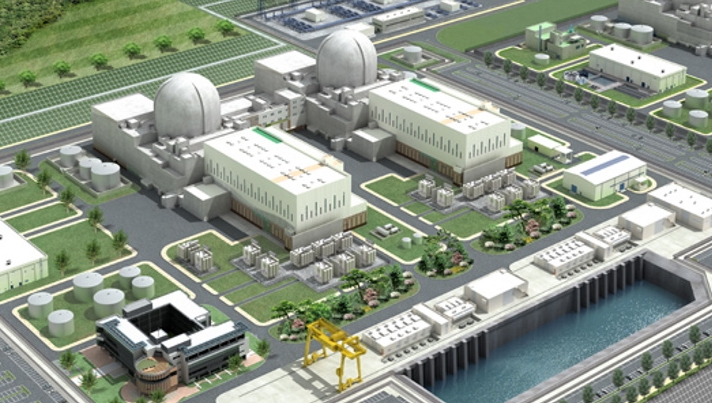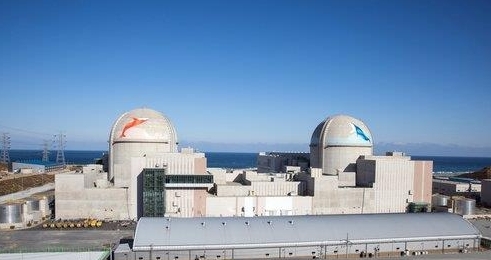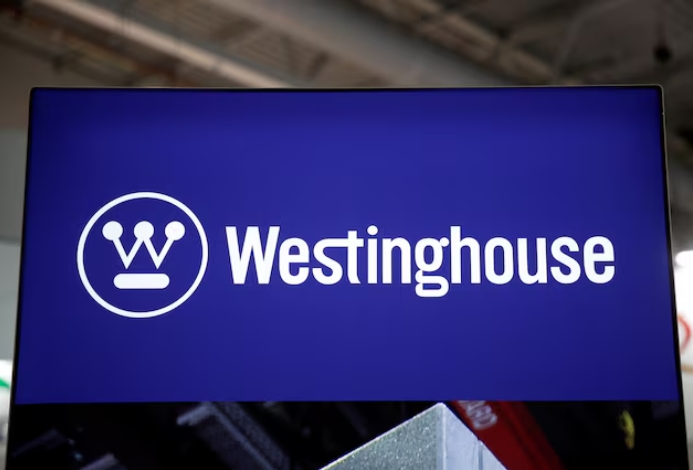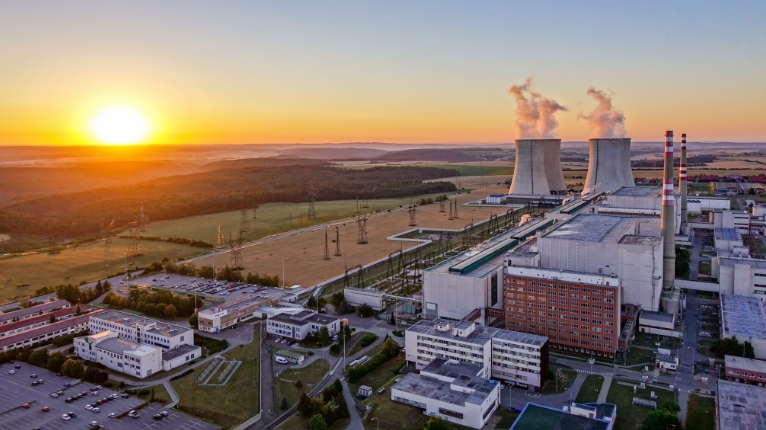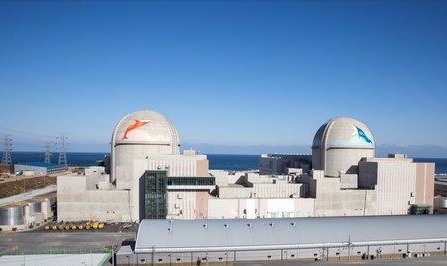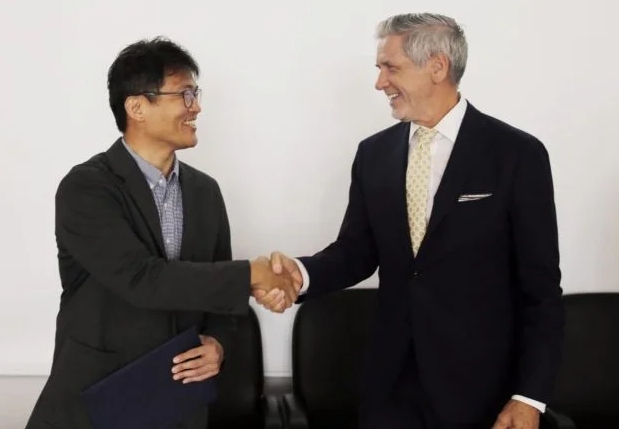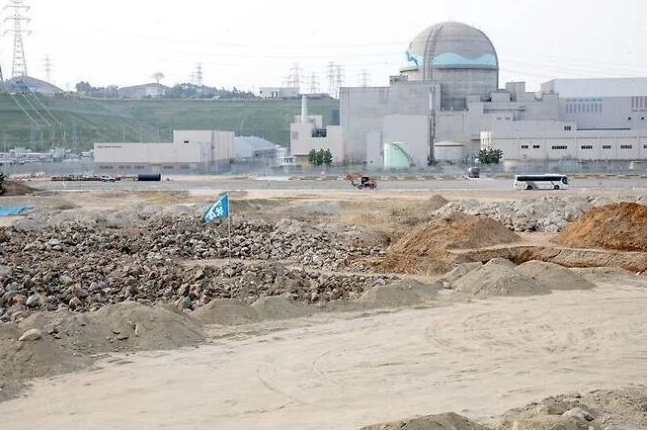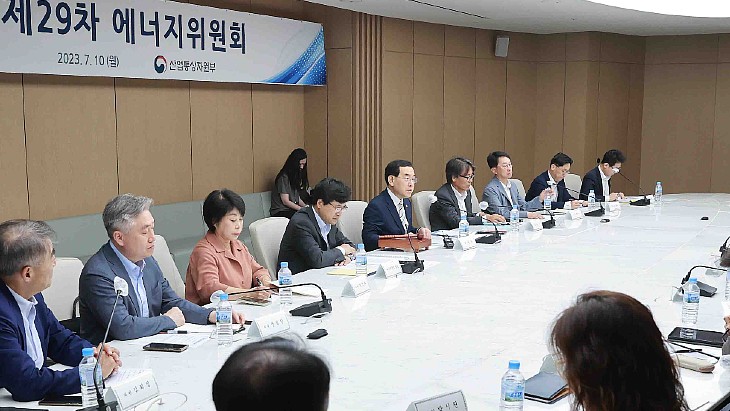
The announcement came from the 29th Energy Committee meeting, which Trade Minister Lee Chang-yang was presiding over.
According to South Korea's Ministry of Trade, Industry and Energy (MOTIE), the committee noted "recent mid- to long-term changes in power supply and demand conditions" with the need for growing capacity fuelled by the spread of electric vehicles, expansion of data centres and investment in hi-tech industries such as semi-conductors and batteries.
The committee said that the existing 10th Electricity Plan had been successful in targeting "the government's renewable energy supply goal and restoring the role of nuclear power plants in the power mix" but added: "As electricity demand is expected to increase rapidly due to electrification of industry and life and investment in hi-tech industries, it is necessary to review a new power mix plan including new nuclear power plants."
"A significant number of members present expressed the opinion" that there was a need to "promptly embark" on the next version and the ministry said it had decided to bring forward to this month the start of its work on the 11th plan for electricity supply and demand, which covers the years 2024 to 2038.
South Korea has been expanding its nuclear energy ambitions since President Yoon Suk-yeol assumed power in May 2022 and reversed former President Moon Jae-in's policy of phasing out nuclear power. The change in president has led to the restarting of work on Shin Hanul 3 and 4 - work on them had been suspended in 2017 as a result of the then president's position on nuclear power.
The 10th Electric Plan (2022-2036) was published in January and suggested that the proportion of electricity generated by nuclear energy would increase to 34.6%, reflecting the start-up of six new reactors between now and 2033 (Shin Hanul units 1-4 and Shin Kori units 5 and 6) as well as the continued operation of 12 existing reactors. Nuclear generating capacity is expected to increase from 24.7 GW in 2022 to 28.9 GW in 2030 and to 31.7 GW in 2036. It also set a target for exporting 10 nuclear power plants by 2030 as well as the development of a Korean small modular reactor (SMR).
South Korea is among the world's most prominent nuclear energy countries, and already exports its technology widely. It is currently involved in the building of the UAE's first nuclear power plant, under a USD20 billion contract. It also has hopes of taking part in the growth of SMRs - last week a public-private partnership of 42 state-run and private entities was created to advance South Korea's SMR sector.
